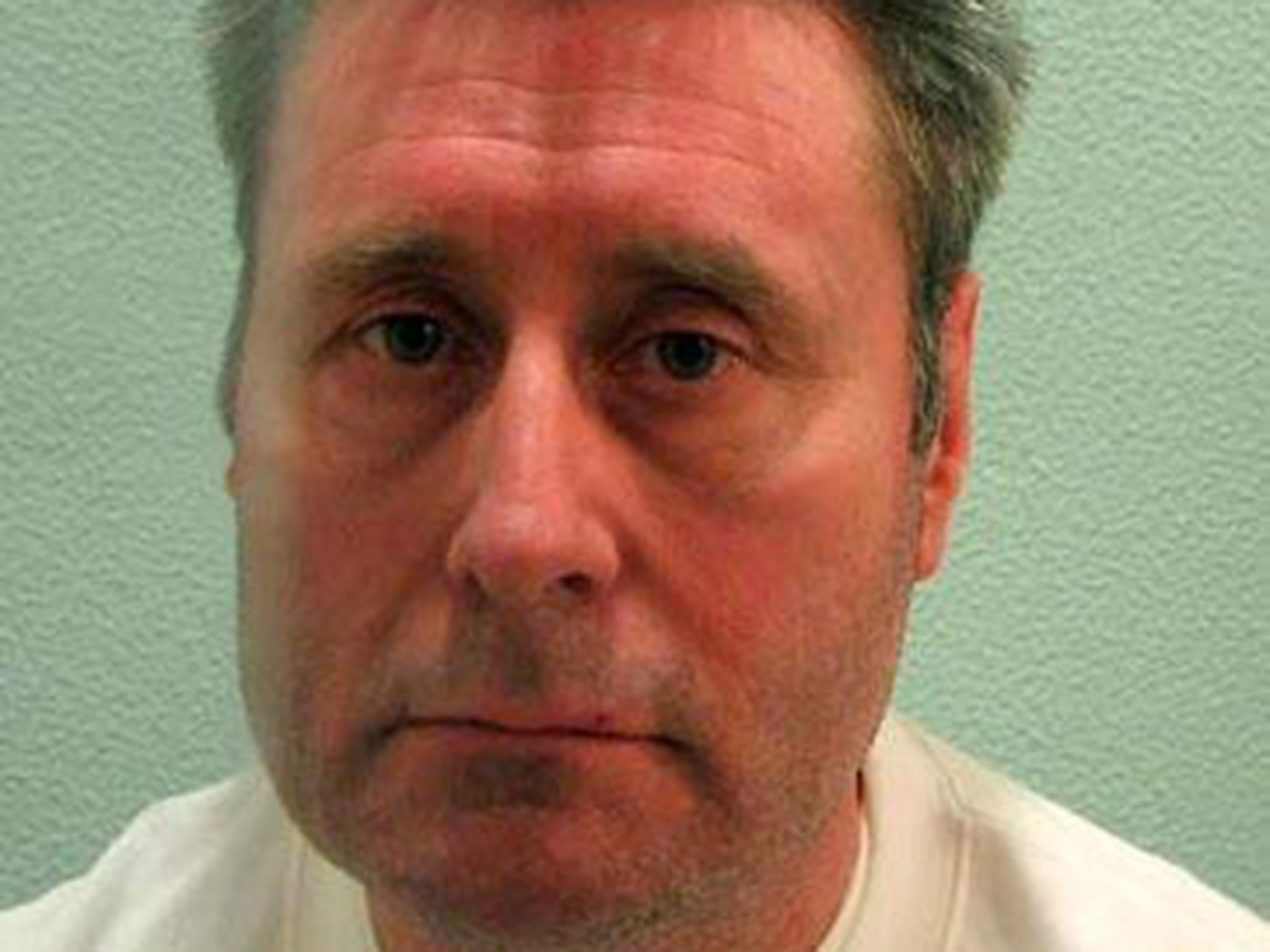John Worboys' case is not a one-off – police have their own ideas about what a 'real rapist' looks like
When the victim has been drinking, it is used against her at the reporting stage, and in court. But when the defendant has been drinking, it is often used to excuse or justify his behaviour


It would be very easy, as well as comforting, to see the appalling case of serial rapist and sexual predator John Worboys as a one-off. But in fact, from the first reports by his victims and the decision by the then-director of public prosecutions not to take the 105 additional reports to trial; through to the Parole Board decision to release Worboys after only nine years, this case merely highlights the institutionalised misogyny prevalent in our criminal justice system when it comes to rape and sexual assault.
Not only was the police investigation neglectful and built on prejudicial views of the victims, it was also tainted by the attitudes of male officers towards Worboys, whom they viewed almost as “one of the lads”, set up by silly girls who had had too much to drink, looking for someone to blame for their hangovers.
Our system is rotten to the core when it comes to justice for the victims of sexual assault. It is as friendly as is possible towards men accused of such heinous crimes, to the point where a Parole Board has now made a decision to release one of Britain’s most dangerous men on the basis that they believe he is “no longer a danger to the public”.
Because Worboys preyed upon women in a way that gave him an instant get-out clause if he was reported – targeting young women, on a night out, who had already been drinking, offering them more drink and then making sure they got home – he was never really seen as dangerous at all. If he had decided on tactics more like the classic “masked rapist”, breaking into the homes of innocent women, tucked up in bed with a cup of Horlicks and a Maeve Binchy novel, he may have been seen as a “real rapist”.
Tell that to the victims of Worboys, who speak of lives destroyed, panic attacks, sleepless nights and the terror of being out alone. The horror of imagining what happened to them when they were comatose in the back of his cab.
Over the years I have sat through a number of rape trials that I ended up calling “rape acquittals” because a conviction rarely came. The majority of the cases I observed involved a complainant in her teens who had been drinking, and a slightly older defendant who had also been either drinking or using drugs. In all of these cases, the two had usually only just met in a bar, or some other place where people gather to socialise. The jury was often given the impression that the complainant and defendant were in some kind of sexual relationship, but in reality, the defendant had targeted the complainant, recognising her as easy prey. The cases usually ended in acquittal, because the jury were fed nonsense about women’s behaviour when they have been drinking.
Flirting, kissing, being generally intoxicated in the company of a man means nothing other than what it is – but many men use this as an excuse to rape. They know it is rape – there is no such thing as a “grey area” when it comes to consent. But jurors tend to find in the defendant’s favour when the complainant has so much as taken a sniff of fizzy wine.
As far as women reporting rape goes, alcohol is the new short skirt. When the victim has been drinking, it is used against her at the reporting stage, and in court. But where the defendant has been drinking, it is often used to excuse or justify his behaviour.
Worboys could have been stopped years before he was, had the police believed the first woman who reported to them that she had been drugged and raped by a black cab driver. She was dismissed. After all, as with all of Worboys victims, she was out on her own, late at night, looking for a black cab to take her home safely. The women accepted drinks from this man – a stranger – and we all know that that means we are complicit in, and even asking for, anything that happens to us after that.
The next woman that reported to police that she had been drugged and raped by a black cab driver, was laughed at, accused of being drunk and of wasting their time. She said she was treated like a criminal.
Because women are made to feel responsible for sexual violence, this woman, and some of his other victims, have carried an unbearable burden of guilt for not being believed. Because had she been credible, other women may have escaped a similar fate. But the fault of course, lies not with his earlier rape victims, but with the rapist himself, and with the police who saw the women as drunken slags accepting drinks from a man she had only just met.
In reality, rape is justified in most instances, whereas rape victims are blamed. We live in a misogynistic culture that is so pernicious it is a wonder we have any convictions at all. As it is most men get away with rape, and women know this. There will be other Worboys, and other police failures, and we need a feminist revolution to make sure that something changes, and soon. Women’s lives depend on it.





Join our commenting forum
Join thought-provoking conversations, follow other Independent readers and see their replies